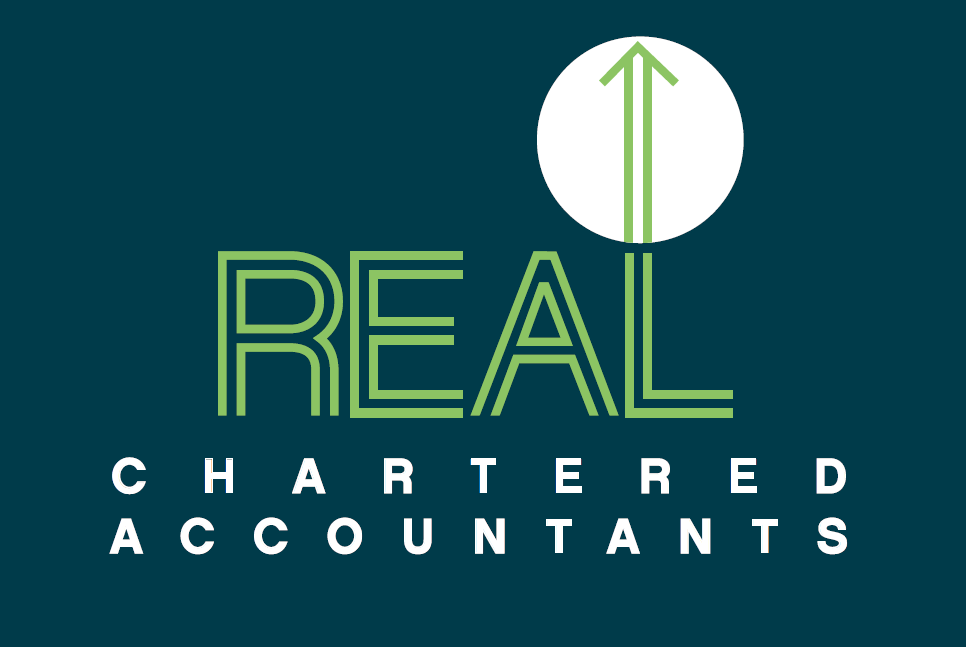NEWS
Employment NZ Advice - What to do when a worker is advised to self-isolate

Separate guidance is provided for Employees who have not yet left New Zealand (as at 15 March 2020). The guidance below does not apply to those employees.
- If the worker cannot work from home
- If the worker can work from home
- If the worker wants to come to workplace
- If the employer wants worker to come to workplace, but worker does not want to
If the worker cannot work from home
- Worker should not go to work.
- Worker must notify employer that they have been advised to self-isolate under public health guidance for COVID-19 and why eg, where they have travelled to or that they have had close contact with someone who has COVID-19.
- For employees, paid special leave should be considered. Other forms of paid leave can be used by agreement between the employer and the employee.
- Employer should regularly check in with the worker.
- The employer is likely to be in breach of their Health and Safety at Work Act 2015 (HSWA) duty if they require the worker to come to the workplace.
If the worker can work from home
- Worker should not go to work.
- Worker must notify employer that they have been advised to self-isolate under public health guidance for COVID-19 and why eg, where they have travelled to or that they have had close contact with someone who has COVID-19.
- If the worker does not feel sick and is willing and able, the worker can offer to work from home and agree with the employer to do so. If that is the case, the worker will be paid normally.
- For employees, if the employer does not agree to working from home, paid special leave should be considered. Other forms of paid leave can be used by agreement between the employer and the employee.
- Employer should regularly check in with the worker.
- The employer is likely to be in breach of their Health and Safety at Work Act 2015 (HSWA) duty if they require the worker to come to the workplace.
If the worker wants to come to workplace
- Worker should not go to work.
- Worker must notify employer that they have been advised to self-isolate under public health guidance for COVID-19 and why eg, where they have travelled to or that they have had close contact with someone who has COVID-19.
- Employer should instruct worker to stay away from the workplace.
- If an employer lets a worker come to the workplace, they will likely be in breach of the Health and Safety at Work Act 2015 (HSWA).
- If the worker does not feel sick and is willing and able, the worker can offer to work from home and agree with the employer to do so. If that is the case, the worker will be paid normally.
- For employees who cannot work from home, paid special leave should be considered. Other forms of paid leave can be used by agreement between the employer and the employee.
- Employer should regularly check in with the worker.
- If worker comes to the workplace after being told not to, they can be suspended from work.
- If a worker fails to follow these reasonable directions they will likely be in breach of the Health and Safety at Work Act 2015 (HSWA).
If the employer wants worker to come to workplace, but worker does not want to
- Worker should not go to work.
- Worker must notify employer that they have been advised to self-isolate under public health guidance for COVID-19 and why eg where they have travelled to or that they have had close contact with someone who has COVID-19.
- Employer should not ask worker to come to the workplace.
- If an employer asks a worker come to the workplace, they will likely be in breach of the Health and Safety at Work Act 2015 (HSWA).
- If employer asks worker to come to the workplace, the worker has the right to refuse to do so on the basis that going to work would expose other people to a serious risk to health or safety.
- Employer should seek and follow latest guidance from the Ministry of Health on COVID-19.
- If the worker does not feel sick and is willing and able, the worker can offer to work from home and agree with the employer to do so. If that is the case, the worker will be paid normally.
- For employees who cannot work from home, paid special leave should be considered. Other forms of paid leave can be used by agreement between the employer and the employee.
- Employer should regularly check in with the worker.









